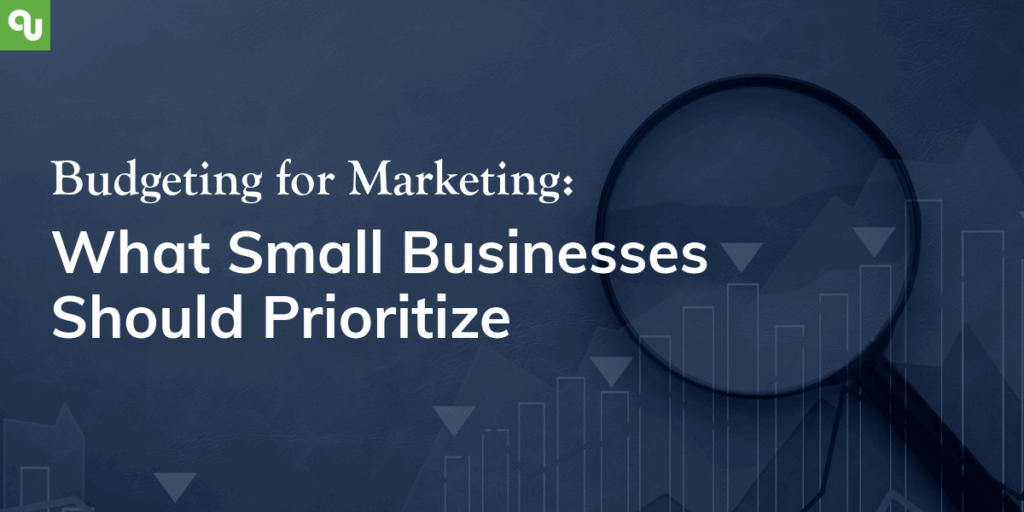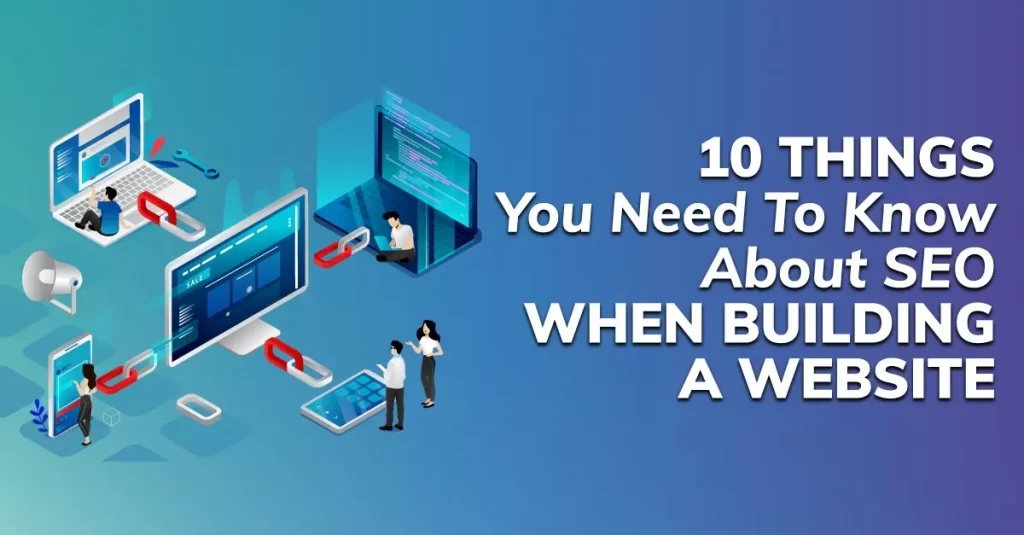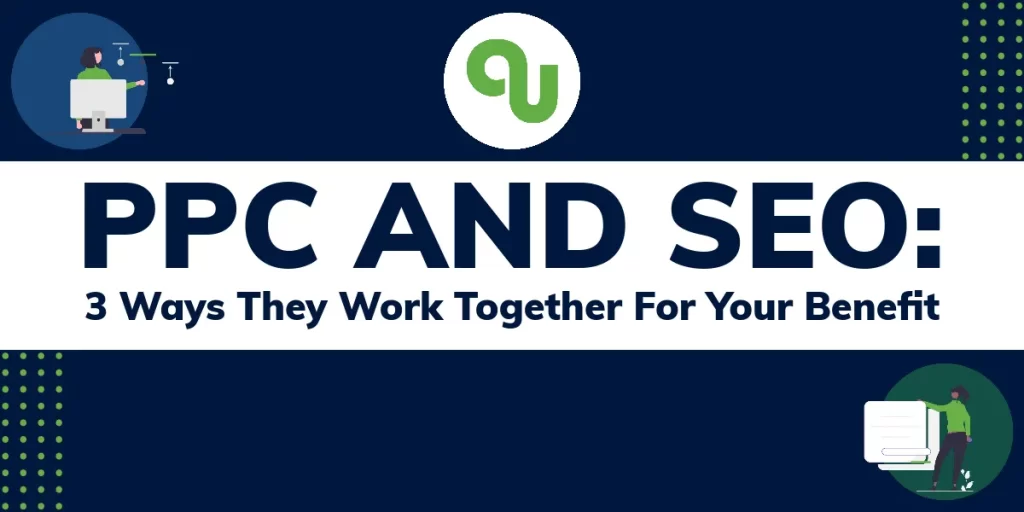Picture this: You’re staring at your monthly expenses, calculator in hand, wondering how much you can realistically invest in marketing without putting your business at risk. Sound familiar? At Art Unlimited, we’ve guided hundreds of entrepreneurs through this exact scenario, and here’s what we’ve learned: creating an effective small business marketing budget isn’t about having deep pockets. It’s about making every dollar fight harder for your success.
The reality is that most small businesses either underspend on marketing, missing golden growth opportunities, or scatter their budget like confetti across every trendy platform without a clear strategy. Neither approach builds the sustainable growth you’re after.
Essential Marketing Priorities for Your Small Business Budget
Here’s where most business owners get overwhelmed: there are seemingly endless marketing options competing for your attention and budget. However, after working with businesses across various industries, our advice on where to prioritize first remains consistent: start with the foundation that continually gives back, then layer on tactics that amplify your core message.
1. Search Engine Optimization (SEO) – Your Long-Term Foundation
Think of SEO as planting seeds that grow into money trees. When developing your small business marketing budget, SEO should be your cornerstone investment. This isn’t just marketing fluff. Unlike paid ads that vanish the second you stop paying, SEO builds lasting value that compounds over time.
Even with a shoestring budget, you can focus on creating killer content that your ideal customers are actively searching for. Start with the basics: Fix your website’s technical issues, claim and optimize your Google Business Profile, and consistently publish content that answers real questions your customers are asking. These foundation pieces will be working for you 24/7, generating leads while you sleep.

2. Local Marketing Initiatives
For most small businesses, local customers represent the majority of revenue opportunities. Allocate a significant portion of your small business marketing budget to local optimization efforts, including local SEO, community engagement, and location-based advertising campaigns.
Direct mail campaigns, such as professionally designed postcards featuring QR codes, offer an excellent bridge between traditional and digital marketing. These tangible marketing pieces can drive recipients to specific landing pages, special offers, or digital content while maintaining the personal touch that resonates with local audiences. QR codes make it easy to track campaign effectiveness and connect offline efforts to online conversions.
Consider partnerships with other local businesses, sponsoring community events, or creating location-specific content that resonates with your immediate market. These strategies often provide exceptional returns on investment while building strong community connections.
3. Content Marketing That Converts
Content marketing offers tremendous value for budget-conscious small businesses because it serves multiple purposes simultaneously. Quality content supports your SEO efforts, establishes your expertise, nurtures customer relationships, and can be repurposed across multiple marketing channels.
Focus on creating evergreen content that remains relevant over time, such as how-to guides, industry insights, and customer success stories. This approach maximizes the long-term value of every dollar in your small business marketing budget.
Strategic Approaches for Limited Marketing Budgets
Let’s get real for a moment. If you had unlimited marketing dollars, you probably wouldn’t be reading this article. The good news? Some of the most successful businesses we know started with marketing budgets that could barely cover a decent lunch. The secret isn’t in the amount you spend. It’s in how strategically you spend it.
The Bootstrap Phase: Rolling Up Your Sleeves

When you’re just starting out or operating with minimal funds, our advice for where to prioritize first is simple: roll up your sleeves and invest your time instead of money. This “sweat equity” phase is where many successful businesses are born, and it’s actually a blessing in disguise because you’ll develop an intimate understanding of what resonates with your customers.
Focus on activities that cost more time than money. While building your marketing budget, dive deeply into social media engagement, perfect your Google Business Profile, network like your business depends on it (because it does), and forge strategic partnerships that benefit everyone involved.
Here’s the kicker: these “budget-friendly” strategies often outperform expensive campaigns because they’re built on authentic relationships and genuine value rather than flashy ads that interrupt people’s days.
Leverage Free and Low-Cost Marketing Tools
Use free marketing tools and resources while your small business marketing budget is still developing. Google Analytics, Google Search Console, social media scheduling tools, and email marketing platforms often offer robust free tiers that can support your early marketing efforts.
As your business grows and generates more revenue, you can gradually invest in top-of-the-line tools and services that provide additional capabilities and automation features.
Test and Measure Everything
With limited resources, every marketing dollar must work harder. Implement tracking mechanisms to determine the performance of each component in your small marketing budget. This data-driven approach helps you identify which strategies generate the best results and deserve increased investment.
Start small with new marketing channels or tactics, measure their performance carefully, and scale successful initiatives while modifying or eliminating underperforming ones.
Build Marketing Partnerships and Collaborations
Extend your small business marketing budget through strategic partnerships with complementary businesses, industry influencers, or other entrepreneurs in your community. Cross-promotional opportunities, joint content creation, and shared advertising costs can amplify your marketing reach without proportionally increasing your expenses.
These collaborations open doors to meaningful networking, potential referrals, and business growth that extends beyond your current marketing goals.
Scaling Your Marketing Investment Over Time
As your business grows, your budget strategy should evolve from a do-it-yourself approach to a more sophisticated, professionally managed system. This transition isn’t just about spending more money. It’s about spending smarter and reclaiming your time for high-level business activities.
Create a Growth-Based Budget Plan
Develop a small business marketing budget that scales with your revenue growth and includes a clear transition plan for professional marketing support. Start with a baseline investment that you can sustain regardless of monthly revenue fluctuations, then create trigger points for both increased marketing spending and professional agency partnerships as your business reaches specific revenue milestones.
The Transition Point: When to Invest in Professional Help
Here’s where smart business owners make a crucial shift. Once your revenue reaches a sustainable level and your small business marketing budget can support professional services, it’s time to consider partnering with a marketing agency. This isn’t about admitting defeat or giving up control. It’s about recognizing that your time has become your most valuable asset.
When you’re spending 10-12 hours per week on marketing tasks that could be handled by professionals, you’re stealing time from core business activities that only you can handle: strategic planning, business development, team leadership, and customer relationship management. A quality marketing agency doesn’t just execute campaigns. They free you to focus on what matters most while bringing specialized expertise and proven systems to accelerate your growth.
This approach ensures consistent marketing momentum while allowing for strategic acceleration during periods of business growth. More importantly, it gives you a clear roadmap for when to shift from time-intensive DIY marketing to results-focused professional management.
Making Every Marketing Dollar Count
The most successful small businesses treat their small business marketing budget as an investment rather than an expense. Every marketing activity should have clear objectives, measurable outcomes, and a direct connection to business growth goals.
Regular budget reviews and performance assessments help ensure your marketing investments continue to deliver value as your business evolves and market conditions change. Remember that the most expensive marketing mistake isn’t overspending. It’s investing in strategies that don’t generate measurable results for your specific business.

Ready to Transition from DIY to Professional Marketing Support?
Creating and managing an effective small business marketing budget is just the first step. Knowing when to transition from doing everything yourself to partnering with marketing professionals can be the difference between continued struggle and explosive growth. At Art Unlimited, we understand that every dollar matters when you’re building your business, and we know the unique challenges facing growing companies.
If you’re currently in the bootstrap phase, handling everything yourself, and are ready to invest in professional marketing support that frees up your time for core business activities, we can help you. Our team can provide expert marketing support designed to save you time and enable you to focus on what matters most. We’ll create a customized strategy that delivers strong results while staying within your budget.
Don’t let budget limitations or time constraints prevent your business from reaching its growth potential. Contact Art Unlimited today to discuss how we can help you launch a strategic marketing plan that evolves with your business and accelerates your success at every stage.



